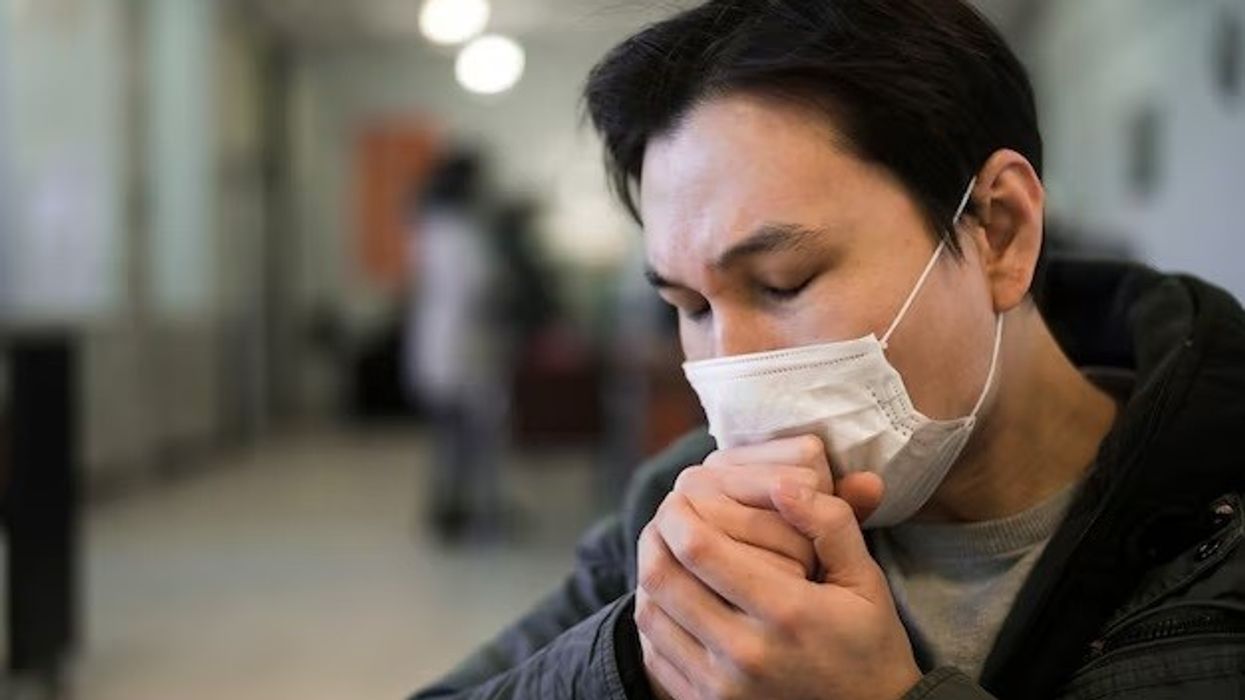An average of 648 patients were admitted in hospital with flu per day this week, up from 402 last week
Healthcare staff across England are facing increasing winter pressures amid junior doctor’s strikes, as thousands of hospital beds are being occupied by patients with flu, norovirus and Covid-19.
The number of flu patients in hospital has increased by almost two thirds in a week, according to the latest weekly update from the National health Service (NHS).
New NHS figures published on Thursday showed an average of 648 patients were hospitalised with flu per day this week before the industrial action, up from 402 last week. This lasts number is four times the figure reported at the end of last month (160 per in the week ending 26 November).
Cases of norovirus continue to increase with an average of 566 patients in hospital per day, increasing by 10 per cent from the previous week (506), and around 55 per cent higher than the same week last year (364).
The number of patients in hospital with Covid has also increased by 12 per cent in a week, from 3,024 cases reported on 10 December to 3,390 cases on 17 December, and up 38 per cent in the last four weeks (from 2,452 on 19 November).
Further the data showed that there was an average of almost 50,000 staff absences each day last week (49,776), with 2,358 absences related to Covid, which is up 37 percent since the week ending 26 November (1,715).
Professor Sir Stephen Powis, NHS national medical director, said: “Today’s figures show that winter is well and truly with us and frontline staff are managing increased pressures due to even more flu, covid and norovirus.
“While NHS staff across the country are doing everything they can to get as many people as possible home in time for Christmas, we are aware the latest strikes could have an impact on almost all routine care including likely difficulties discharging patients.
“We have already said we expect this to be the most challenging winter yet with strike action in the mix, and high occupancy in our hospitals is deeply concerning as our hardworking staff juggle seasonal viruses and strikes going into Christmas.”
Despite these challenges, there has been a considerable progress in patient care compared to the same period last year, thanks to the government’s robust winter and recovery planning.
Last week, there were 462,043 calls to NHS 111, an increase of over 21,000 from the previous week (440,722), and more than half of these calls were answered within 60 seconds.
Ambulance handover delays came down by more than a third last week in comparison to the same week last year, and there are 95,066 adult beds open now, over 1,000 more compared to number from the same week last year (94,022).
An average of 91,125 beds were occupied per day last week, an increase of 1,425 in comparison to the same period last year (89,700).
NHS services are likely to be affected in the coming three weeks due to holidays or industrial action.
The three-day strike of junior doctors started Thursday at 7am, and it will be followed by a six-day strike from 7am on Wednesday 3 January.













